
December 19, 2018
In the digital world,
time well spent is the scarce commodity
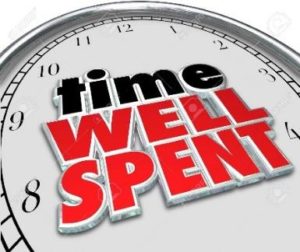
Talk to anyone working today whether in a startup or a well-established Fortune 500 company, and they will tell you the same thing – “I’m working so hard but there aren’t enough hours in the day for me to do my job.” It’s not just that they are spending more hours working, but it’s also that they are trying to two, three or four things at once. Julie Morgenstern, a productivity consultant, has shown that “stripping multi-tasking from your work routine would help you gain back 30%-40% of your actual time and mental clarity per day.” Simply put, workers have lost all control over setting reasonable boundaries for how they spend their time and energy.
In KPMG’s Global CEO Outlook 2016 survey of 400 CEO’s, 85% “admit vulnerability about the amount of time they have to spend strategizing about the forces of disruption and innovation” on the performance of their businesses. One of the major consequences of this loss of control is that critical decisions often get made without sufficient understanding of what’s at stake and what tradeoffs should be made to gain the desired outcomes.
The disruptive impact of interruptions
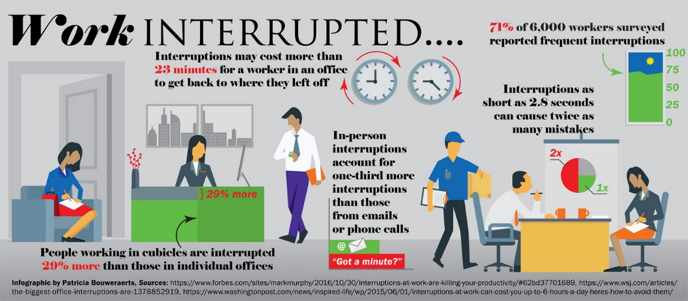
Recent studies have documented that the average employee switches tasks every three minutes, is interrupted every two minutes and has a maximum focus stretch of 12 minutes. The studies also show that when someone is interrupted it takes an average of 23 minutes to resume their focus.
Emails, text messages, intra-office collaboration tools and co-workers stopping by are constant sources of interruptions throughout everyone’s day. Without controlling these interruptions, it’s virtually impossible to bring your full and deliberate attention to accomplishing critical tasks in a timely manner.
Document how you are spending your time
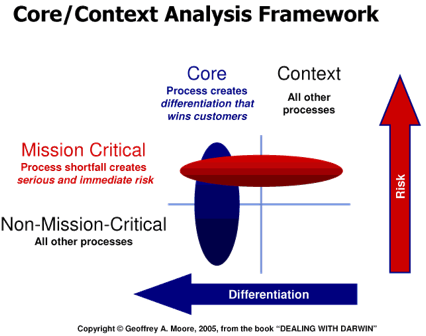
In my experience, the one defining factor of a successful leader is someone who can clearly distinguish between what’s important, mission critical core versus what’s urgent, non-mission critical context and has the discipline to spend the majority of their time on the former not the latter. So that begs the question, how do you find that right balance?
You can start by doing your own personal core and context assessment. Go back over your calendar for the last two months and look at how you spent your time and identify each activity as either core or context. Simply put, core is any activity that directly impacts the performance of your company while context are those activities that need to be done but don’t directly impact your company’s performance. This exercise will enable you to get a core and context ratio of what percent of your time is spent in each area. If you’re like the many executives I’ve done this exercise with, you will be surprised by how much of your time context activities consume.
Why Jeff Bezos and Bill Gates still do the dishes

“I do the dishes every night” said Jeff Bezos in a 2014 interview. “I do the dishes every night said Bill Gates in a different interview that same year. So that begs the question, why are two of the wealthiest and most successful human beings on the plant doing dishes?
Recent research studies have shown that everyday tasks like washing dishes, folding laundry and gardening can be a chance to practice mindfulness by focusing on the present and freeing yourself from constant mind chatter. Wharton professor and best selling author, Adam Grant, says mindfulness is “the very simple process of noticing new things, which puts us in the present.”
Both Bezos and Gates have lives filled with constant decisions, multiple cognitive demands, jam-packed schedules and a relentless desire to think about the future. Doing the dishes provides them with the opportunity to “let that all fall away and be fully present.” It can also let them relax and daydream. Creativity experts have shown that “loose mind-wandering allows the brain to make some innovative and unexpected leaps.”
What’s your time worth?
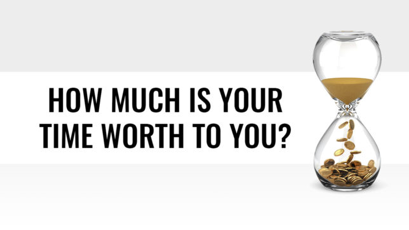
As the old adage says, “time is money.” So how you spend your time has a direct correlation on how much of a return you get for it. There are both monetary and non-monetary returns on how you productively spend your time so the key is to find the right balance that works for you.
For most employees the biggest drain on their time is meetings, emails and smart phone messages. A recent Harvard Business Review survey of 182 senior managers across a range of industries about meetings found these results:
- 71% said meetings are unproductive and inefficient
- 65% said meetings keep them from completing their own work
- 64% said meetings come at the expense of deep thinking
- 62% said meetings miss opportunities to bring the team closer together
Studies have also shown that people who use a mobile device during a meeting are so distracted that it’s almost as if they aren’t present at all. As such, many companies have instituted a “mobile device ban” for all meetings.
Even standup meetings are coming under fire as John Prestridge, CMO of Easy Vista says “these meetings lead to a focus on status reporting rather than real-time collaboration and problem solving. Meetings should be reserved for solving problems and should only last for a period of time needed to achieve the results required.”
Another study showed that 80%-90% of people were copied on emails they weren’t intended for.
Time wasted is clearly not time well spent.
Creating your own time well spent scorecard
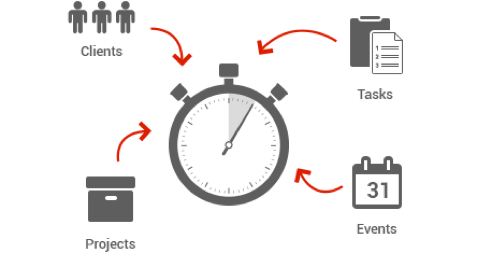
Your core and context assessment will allow you to document how you are spending your time now. Armed with that information, you are able to develop a game plan to redeploy your time and energy away from low value low impact activities to high value high impact activities. You can set specific time percentage goals for:
- Time with customers
- Time with internal business partners and cross functional team members
- Time in meetings
- Time doing emails
- Time attending industry events
- Time for deliberate learning
- Time for mindful reflection
- Time for family and friends
- Time to do the dishes
As Warren Buffet said “I can buy anything I want but I can’t buy time. So I have to be very careful how I use it.”
As always, I am interested in your comments, feedback and perspectives on the ideas put forth in this blog. Please e-mail them to me at pdmoore@woellc.com. And, if this content could be useful to someone you know please share it here:


